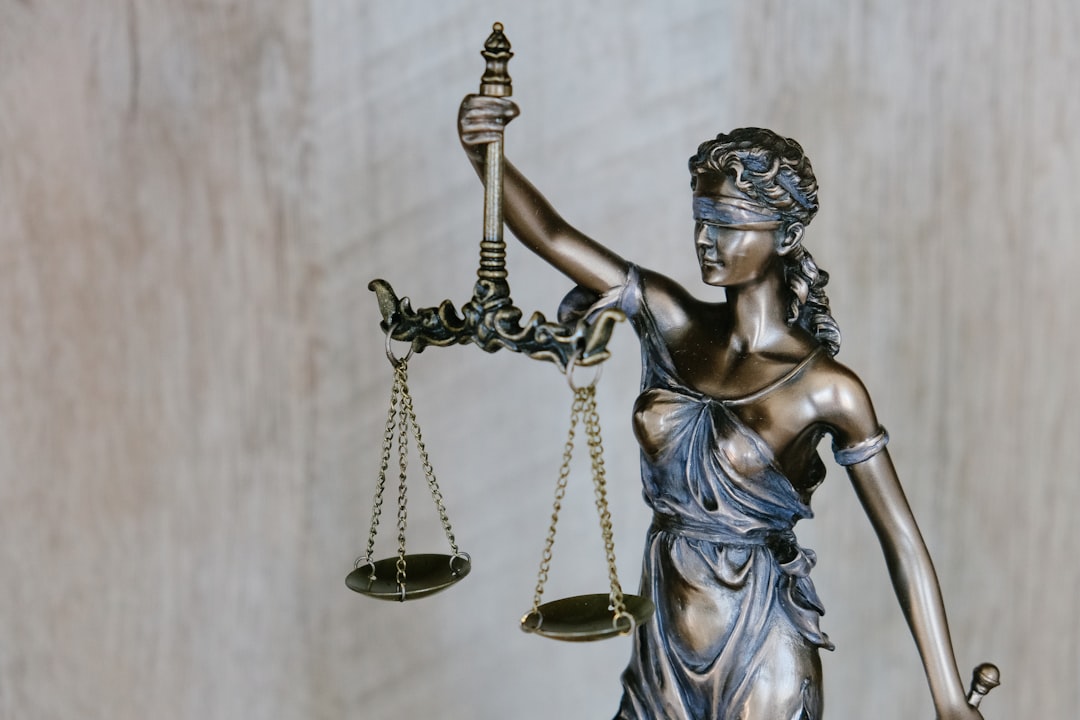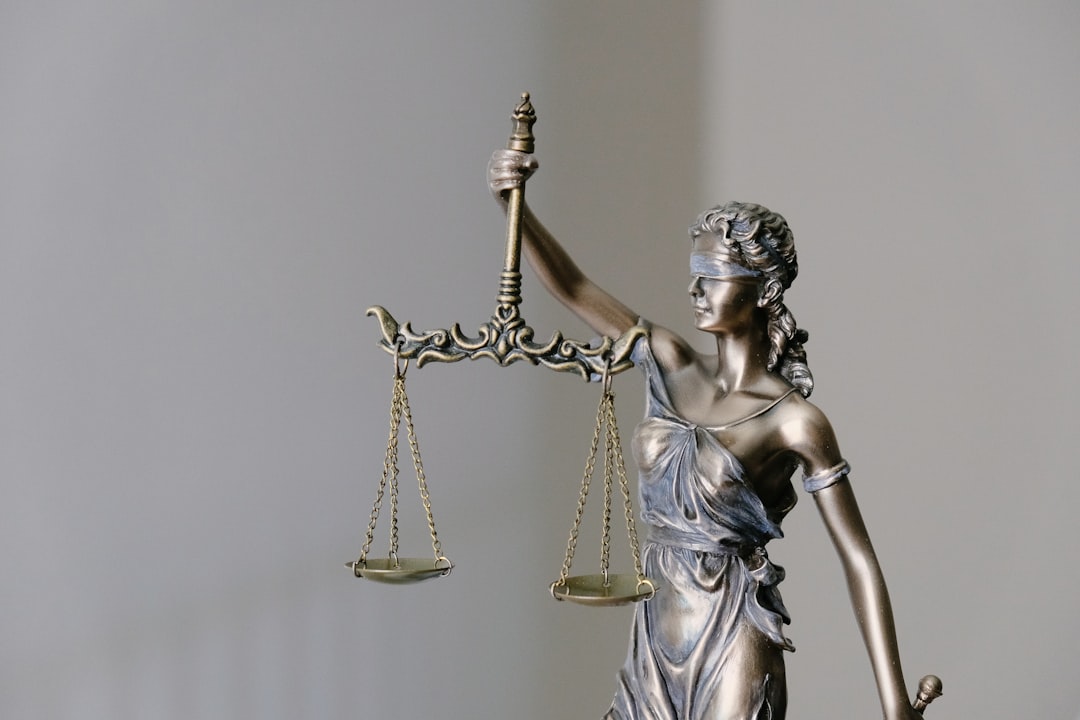DNA evidence is transforming the fight against sexual abuse in New York's schools, providing powerful, scientific proof of assault and holding perpetrators accountable. However, its use involves strict legal frameworks, requiring skilled school abuse attorneys to navigate guidelines on collection, preservation, and presentation. Proper sampling techniques and storage protocols ensure DNA integrity, leading to successful prosecutions and justice for victims. While advancements offer tools, they also raise ethical concerns, demanding a nuanced approach in advocating for minors' rights and privacy. Successful cases highlight DNA's impact in combating abuse, empowering school abuse attorneys to secure convictions and deliver closure to survivors.
In New York, the pursuit of justice in school sexual abuse cases has gained new momentum with the advent of DNA evidence. This powerful tool offers a profound impact on legal proceedings, yet its application presents unique challenges for school abuse attorneys. This article explores the intricate world of DNA evidence, delving into its legal framework within New York’s schools, sampling techniques, ethical considerations, and real-world success stories. For school abuse attorneys navigating these trials, understanding DNA’s potential is paramount in securing justice for victims.
Understanding DNA Evidence: A Powerful Tool in Sexual Abuse Cases

DNA evidence has emerged as a powerful tool in the fight against school sexual abuse, transforming the way attorneys in New York approach these sensitive cases. Unlike traditional methods relying on memories and testimonies, DNA can provide concrete, scientific proof of assault, offering justice seekers a more reliable means to hold perpetrators accountable. With the ability to identify individuals through unique genetic profiles, this evidence can be instrumental in clearing the names of innocent people and securing convictions for those who have committed heinous acts.
In New York, where school abuse attorneys face complex challenges in these cases, understanding DNA’s potential is crucial. It can provide irrefutable links between suspects and victims, ensuring that justice is served and survivors receive the closure they deserve. As legal professionals navigate the intricate landscape of sexual abuse litigation, leveraging the power of DNA evidence becomes increasingly vital to achieving positive outcomes for clients and contributing to a safer environment for students across the state.
The Legal Framework for Using DNA in New York School Abuse Trials

In New York, the legal framework governing the use of DNA evidence in school sexual abuse trials is well-defined and strictly adhered to, primarily to protect the rights of both victims and accused. The admissibility of DNA evidence is governed by state laws and court precedents, ensuring a balanced approach. A school abuse attorney in New York must adhere to these guidelines when presenting or challenging DNA evidence.
The framework includes strict protocols for collection, storage, and handling of DNA samples to maintain their integrity and reliability. This involves detailed chain-of-custody documentation, ensuring that the evidence is not tampered with and remains unaltered from the time of collection until its presentation in court. Such measures are crucial in school abuse cases, where sensitivity and precision are paramount, and a school abuse attorney plays a vital role in navigating this legal landscape.
Collect and Preserve: Effective DNA Sampling Techniques in Schools

In the context of school sexual abuse cases in New York, proper collection and preservation of DNA evidence are paramount. The process begins with skilled and sensitive sampling techniques to ensure the integrity of any genetic material collected. School administrators, in collaboration with law enforcement and legal professionals, including school abuse attorneys in New York, must establish protocols for gathering evidence from various sources, such as clothing, bed sheets, or other potential items contaminated by bodily fluids.
Trained personnel use sterile swabs to collect samples, minimizing the risk of contamination. Proper storage methods, including secure containment and cold chain maintenance, are essential to preserve DNA’s viability. These techniques not only enhance the chances of successful prosecution but also ensure that justice is served for victims, allowing them to find closure and hold perpetrators accountable through robust legal processes.
Challenges and Ethical Considerations for School Abuse Attorneys

Navigating the complex landscape of DNA evidence in sexual abuse trials, especially within the context of New York schools, presents unique challenges for school abuse attorneys. As DNA technology advances, it offers powerful tools to prove or disprove allegations, but it also comes with ethical dilemmas that demand careful consideration.
Attorneys must grapple with issues like consent and the potential for contamination during collection, ensuring the integrity of evidence. Additionally, they need to be mindful of privacy rights, especially when dealing with minors, and the broader implications of using genetic information in court. Balancing these challenges while advocating for victims is paramount, requiring a nuanced understanding of both legal procedures and the sensitive nature of such cases.
Real-World Success Stories: When DNA Evidence Leads to Justice

In numerous real-world cases, DNA evidence has played a pivotal role in securing justice for victims of sexual abuse within New York’s educational institutions. These success stories highlight the power of scientific advancements in combating heinous crimes and holding perpetrators accountable. For instance, a school abuse attorney in New York recently secured a significant conviction using DNA samples collected from a campus as part of a routine health check. The evidence linked a teacher to multiple incidents of sexual assault, providing irrefutable proof that led to their arrest and subsequent prosecution.
This particular case is not an isolated incident; DNA analysis has consistently delivered conclusive results in similar trials across the state. The New York legal system recognizes the value of DNA evidence, ensuring it undergoes rigorous testing and scrutiny. As a result, school abuse attorneys are better equipped to represent victims, presenting compelling cases that lead to justice and provide closure for those affected by these traumatic experiences.






